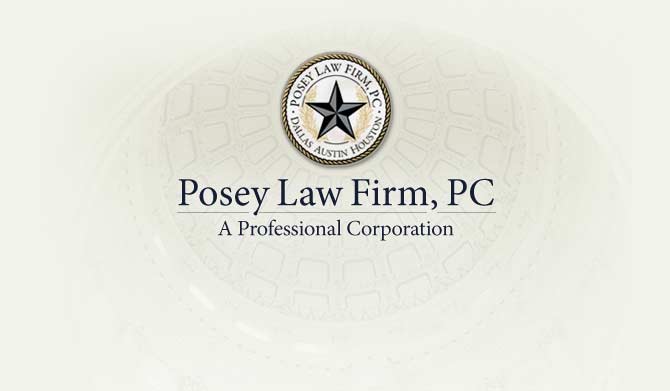Conducting employee background checks helps you to make better hiring decisions, and uncover issues that might interfere with an applicant's ability to do the job they are being considered for. At the same time, your business could be exposed to potential liability unless you follow the applicable federal and state laws, and stay up to date about certain types of information that may be off-limits.
Working with a law firm that provides a full range of employment and labor relations services can help you to access the information you need, and protect the candidate's right to privacy. For example, these are some issues to keep in mind:
Make sure your background check is appropriate for the position. A background check for an employee who is going to handle sensitive financial and client information, have access to valuable property, or operate dangerous machinery would probably be more extensive than a check done on an employee whose duties raise fewer concerns. Limit your scope to the information that is reasonably required.
Ask for consent. Before conducting a background check, ask the applicant for their written consent. For added protection, specify what information you are seeking and how you plan to collect it.
Know what records you can and cannot consider. Some matters like driving records and personal references are a routine part of background checks. On the other hand, medical and military records and some other personal information are confidential. Your attorney can advise you on relevant issues such as how to obtain proper authorization, and what kinds of information you can ask about and use in employment decisions.
Attorney Jake Posey and the team at the Posey Law Firm are equipped to handle your government relations and business needs. Contact us today for help with implementing the best policies and practices for your business.


